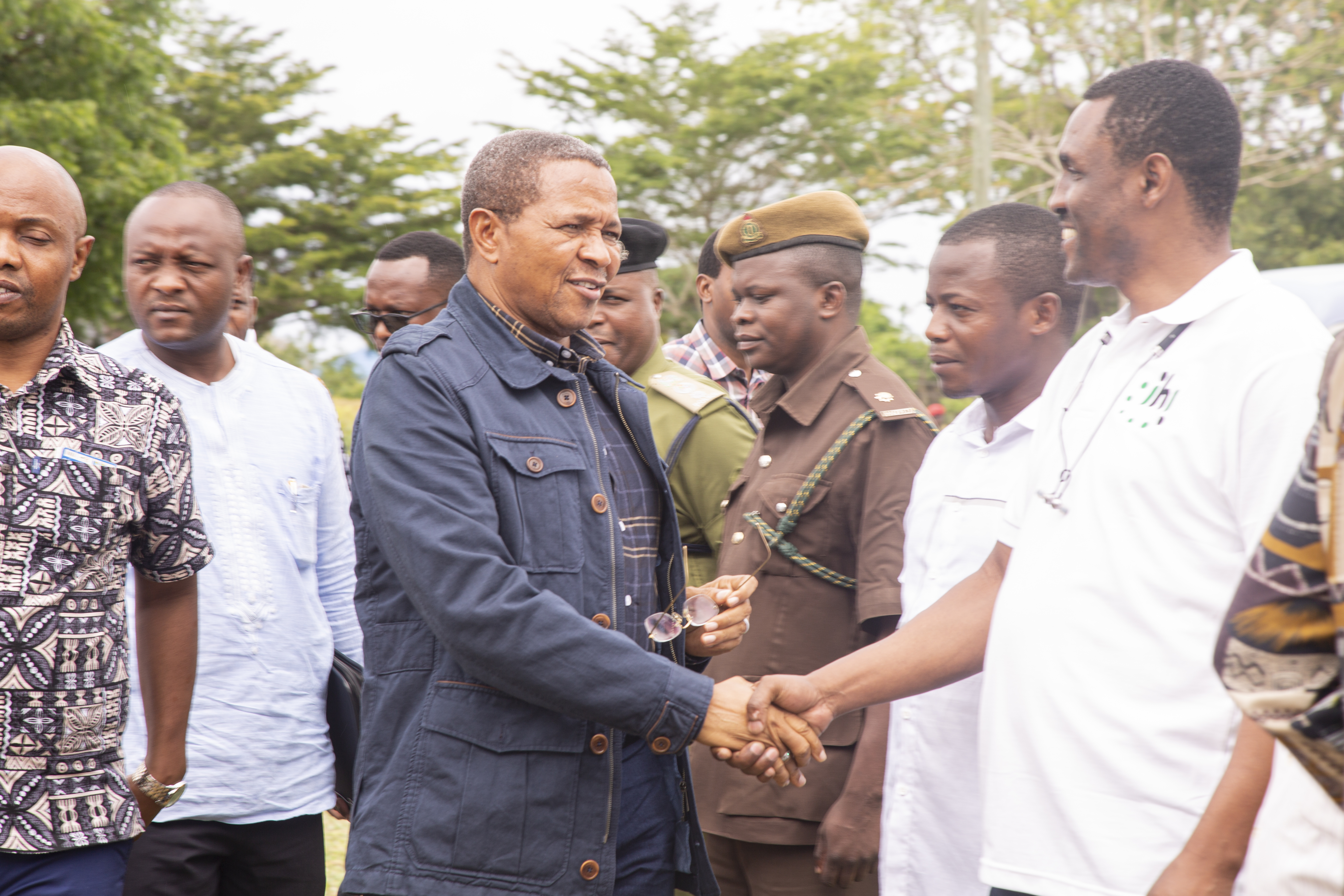
Kikwete, Roll Back Malaria chief Diallo visit IHI project

Former Tanzanian President Jakaya Kikwete and Chief Executive Officer of Roll Back Malaria (RBM), Dr. Abdourahmane Diallo visited the China-Tanzania Malaria project in Rufiji, Coast Region, to see first-hand one of the best initiatives aimed to achieve malaria free goal in Africa.
Kikwete, member of the global End Malaria Council, and Dr. Diallo – CEO of the RBM (a global partnership to end malaria) – inspected activities of the China-Tanzania Malaria project after hearing impressive news about it in international forums they attended over the past few years.
Project’s Principal Investigator, Dr. Prosper Chaki alongside Ifakara Health Institute (IHI) Chief Executive Director, Dr. Honorati Masanja, and the Rufiji project team, briefed Kikwete and Dr. Diallo on the project, which is now on the second phase - authentication of results obtained during phase one before the process of scalling them up to other regions in Tanzania and elsewhere in Africa.
About China-Tanzania Malaria project
This is a collaborative program - part of the China-UK -Tanzania initiative (GHSP-CS-OP4-D02) - that was jointly implemented from April 2015 to June 2018 by the NIPD, IHI and other partners. The program’s target was to reduce malaria by 30% by strengthening malaria control capacity at the local level and implementing the Chinese experience in malaria control and elimination in combination with the World Health Organization Test, Treat and Track (T3) strategy.
Through joint efforts of the Chinese and the Tanzanian teams, a new approach for malaria control in areas of moderate or high transmission was developed, informed by the experience from the Chinese 1-3-7 surveillance and response system for fast tracking malaria elimination. The new approach named 1,7-malaria Reactive Community Testing and Response (1.7-mRCT-Response) that utilized evidence from the routine HMIS data and vector surveillance results to decide on the priority clusters (administrative villages/hamlets in Tanzania) to go and conduct community-wide testing and treatment on a weekly basis.
Application of the novel approach, which had not been used anywhere - neither in China nor in Africa – showed impressive results by cutting down malaria by up to 81% in intervention areas. During Phase 2 of the project, the team makes additional authentication of the results and estimation of the overall benefits of the intervention in malaria control before scaling up the approach in Tanzania and potentially to other malaria endemic areas in Africa. #
